Dr. Samuel Anderson, autograph letter signed (ALS), 4 January 1824, 1 page, 5-1/2" x 7-3/4", in full "Sir, you will confer a favour by furnishing the medicines named in the enclosed requisition, S[amuel] Anderson, Surg. U.S. Ship Hornet"; with referenced requisition, Anderson autograph document signed (ADS), same date, 1 page, 4-1/2" x 8", in part: "Required for the use of the U.S. Ship Hornet, Stephen Cassin Regimental Commander, the following articles of medicines - Balsom Copaiva [balsam copaida] and shipment of other necessities, S[amuel] Anderson, Surgeon." Samuel Anderson (1773–1850) of Middletown, Pennsylvania studied medicine and was admitted to practice in 1796. In July 1799, he was appointed by President John Adams as surgeon's mate in the US Navy. A month later, he was appointed surgeon and assigned to duty under Commander David Porter a close friend. Anderson resigned in 1801 settled in Chester, Pennsylvania, where he continued the practice of medicine. During the War of 1812, he raised the Mifflin Guards, serving as its captain and was later a lieutenant colonel in the state militia. He served in the Statehouse of representatives 1815-1818 and was sheriff of Delaware County, 1819-1823. In 1823, Commodore Porter, now commanding the West Indies Squadron, convinced Anderson to rejoin the Navy. Anderson served in 1824 as surgeon aboard the USS Hornet and later the same year on the Decoy, later resigning due to ill health. During this period, the squadron’s personnel were plagued with various tropical diseases, including yellow fever, although the balsam copaiba Anderson requisitioned above was probably for use in the treatment of gonorrhea cases. Following this sea duty, he returned to politics and was elected to the 20th Congress (March 4, 1827-March 3, 1829); again a member of the Statehouse of representatives 1829-1835 and served as its speaker in 1833; appointed inspector of customs in 1841; elected justice of the peace in 1846 and served until his death in Chester, Pennsylvania. During the War of 1812, the sloop of war Hornet captured the privateer Dolphin in July 1812 and sank the HMS Peacock on 224 February 1813 and two years later, on 23 March 1815, captured HMS Penguin. At the time Anderson’s letter and requisition were written, Hornet was engaged as part of the United States "Mosquito" fleet in the active suppression of piracy in the West Indies. 2 pieces. JLK Item Dimensions: 11 x 10" Name Value Paperwork
Dr. Samuel Anderson, autograph letter signed (ALS), 4 January 1824, 1 page, 5-1/2" x 7-3/4", in full "Sir, you will confer a favour by furnishing the medicines named in the enclosed requisition, S[amuel] Anderson, Surg. U.S. Ship Hornet"; with referenced requisition, Anderson autograph document signed (ADS), same date, 1 page, 4-1/2" x 8", in part: "Required for the use of the U.S. Ship Hornet, Stephen Cassin Regimental Commander, the following articles of medicines - Balsom Copaiva [balsam copaida] and shipment of other necessities, S[amuel] Anderson, Surgeon." Samuel Anderson (1773–1850) of Middletown, Pennsylvania studied medicine and was admitted to practice in 1796. In July 1799, he was appointed by President John Adams as surgeon's mate in the US Navy. A month later, he was appointed surgeon and assigned to duty under Commander David Porter a close friend. Anderson resigned in 1801 settled in Chester, Pennsylvania, where he continued the practice of medicine. During the War of 1812, he raised the Mifflin Guards, serving as its captain and was later a lieutenant colonel in the state militia. He served in the Statehouse of representatives 1815-1818 and was sheriff of Delaware County, 1819-1823. In 1823, Commodore Porter, now commanding the West Indies Squadron, convinced Anderson to rejoin the Navy. Anderson served in 1824 as surgeon aboard the USS Hornet and later the same year on the Decoy, later resigning due to ill health. During this period, the squadron’s personnel were plagued with various tropical diseases, including yellow fever, although the balsam copaiba Anderson requisitioned above was probably for use in the treatment of gonorrhea cases. Following this sea duty, he returned to politics and was elected to the 20th Congress (March 4, 1827-March 3, 1829); again a member of the Statehouse of representatives 1829-1835 and served as its speaker in 1833; appointed inspector of customs in 1841; elected justice of the peace in 1846 and served until his death in Chester, Pennsylvania. During the War of 1812, the sloop of war Hornet captured the privateer Dolphin in July 1812 and sank the HMS Peacock on 224 February 1813 and two years later, on 23 March 1815, captured HMS Penguin. At the time Anderson’s letter and requisition were written, Hornet was engaged as part of the United States "Mosquito" fleet in the active suppression of piracy in the West Indies. 2 pieces. JLK Item Dimensions: 11 x 10" Name Value Paperwork
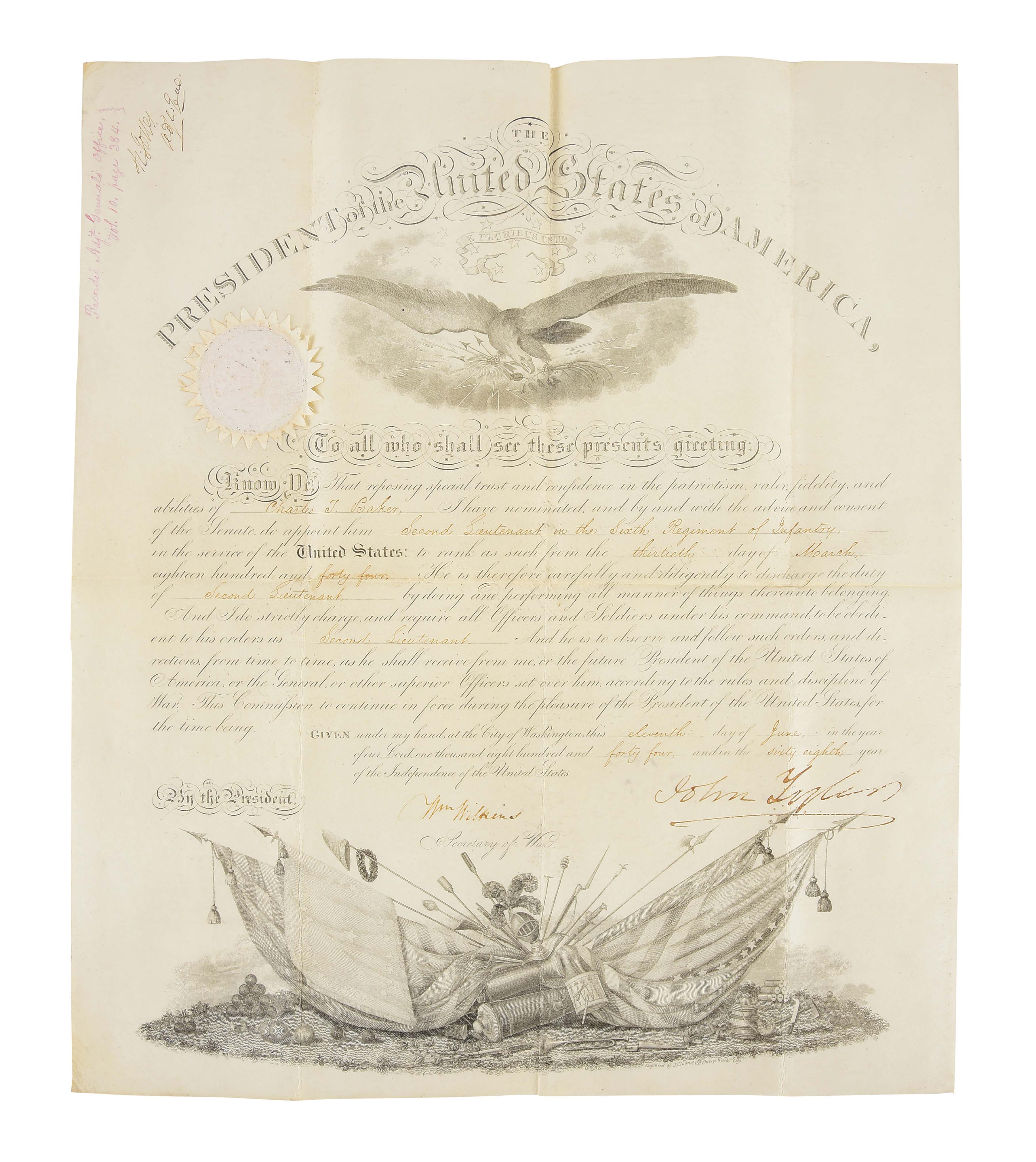
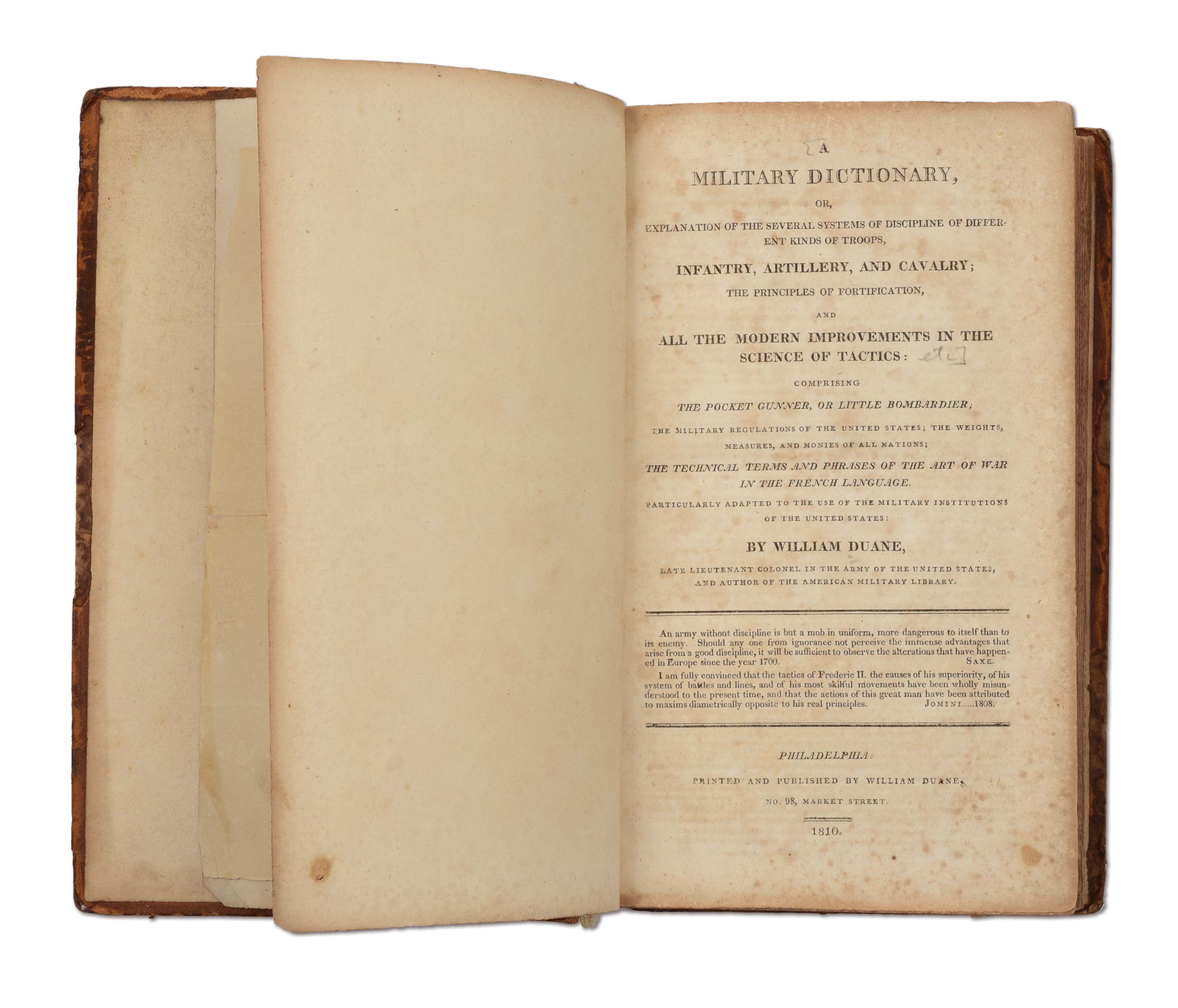

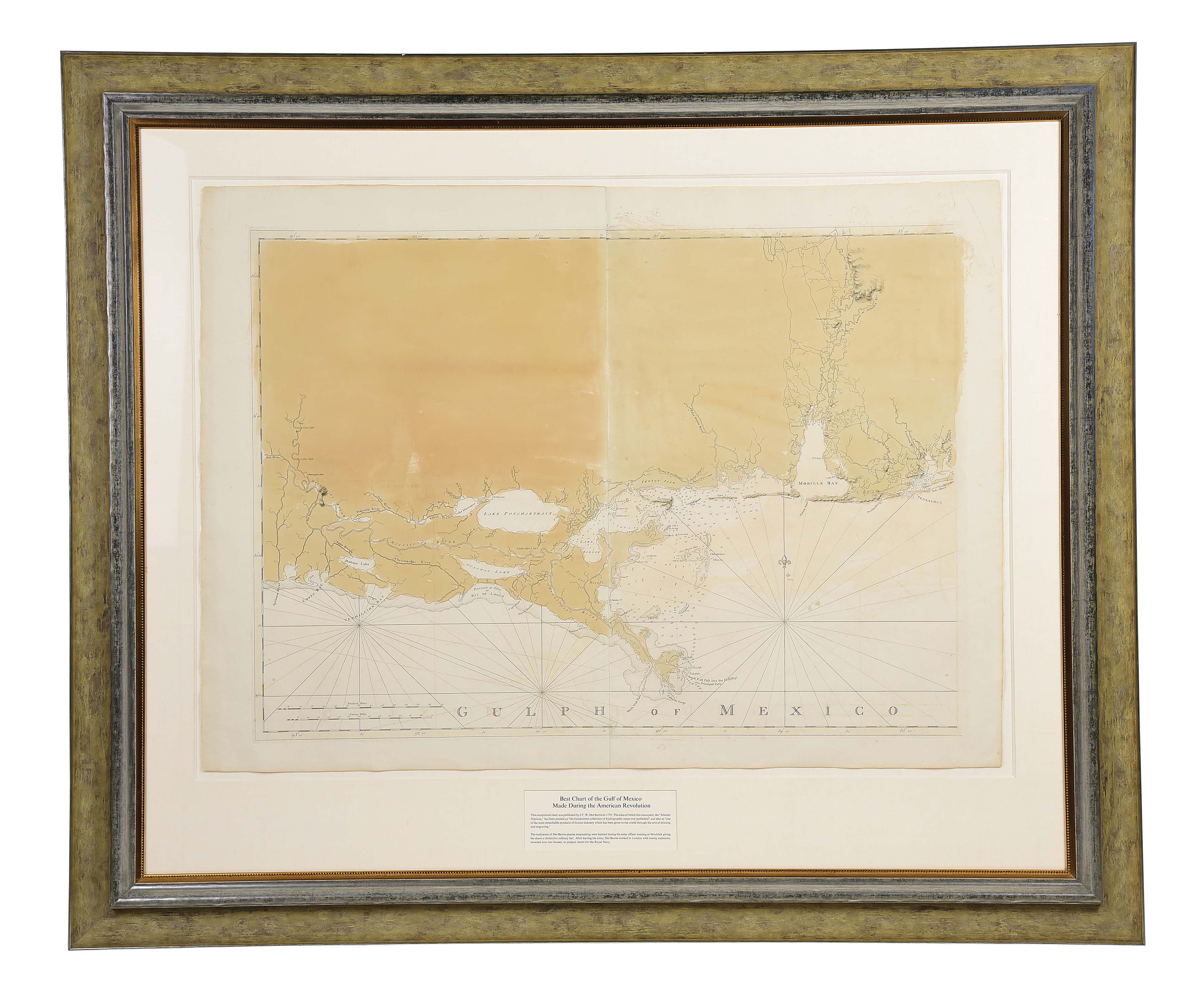
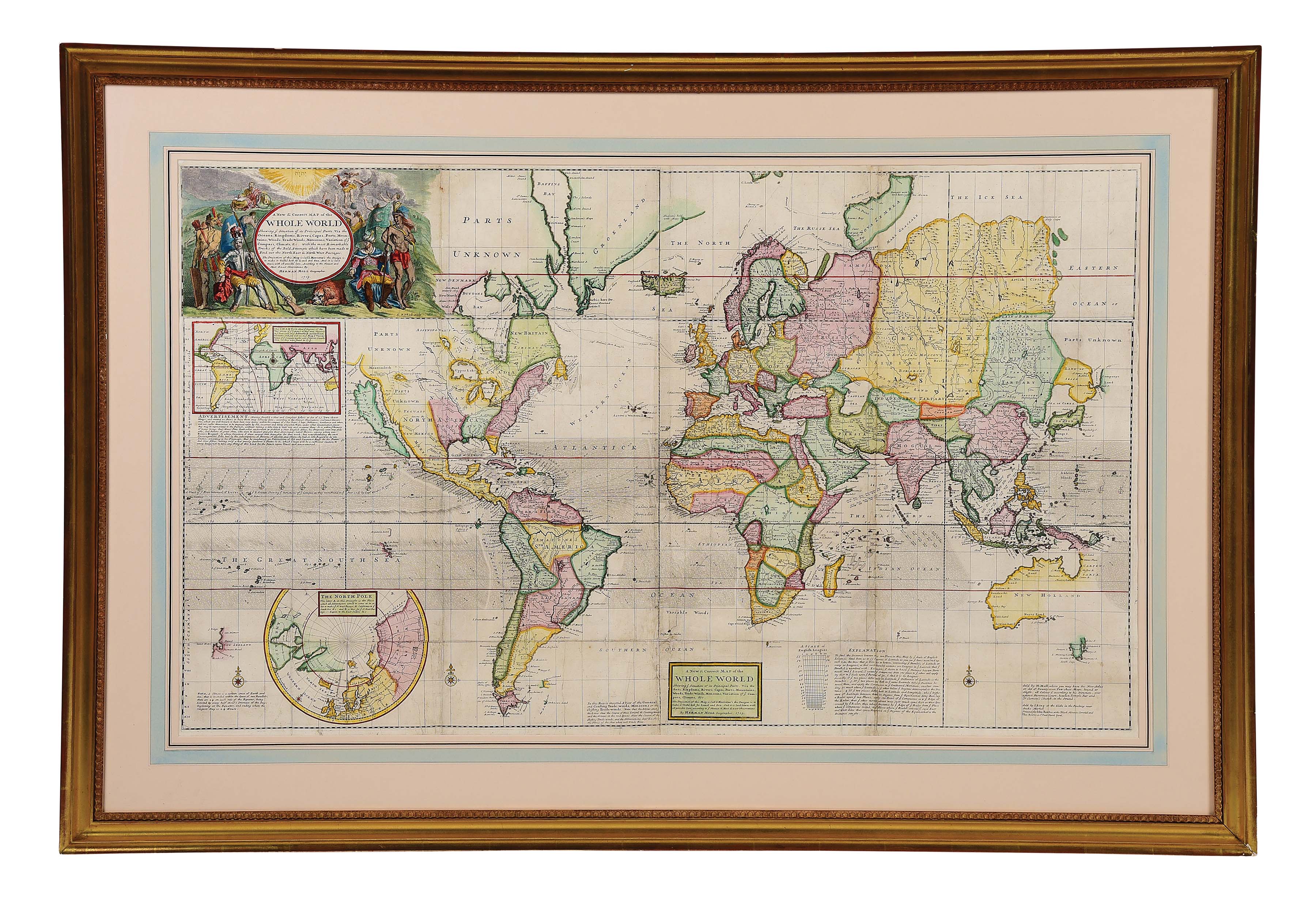
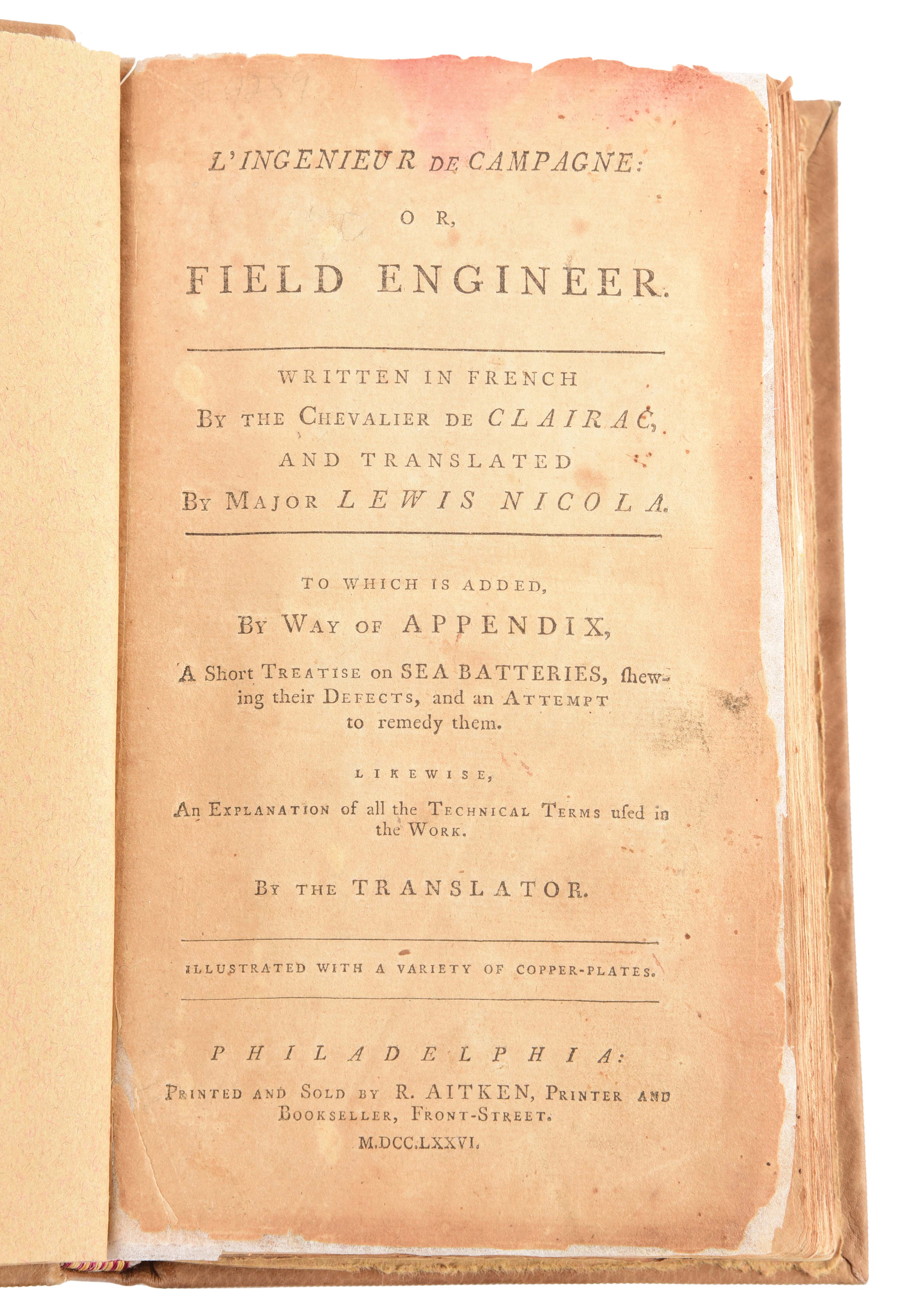
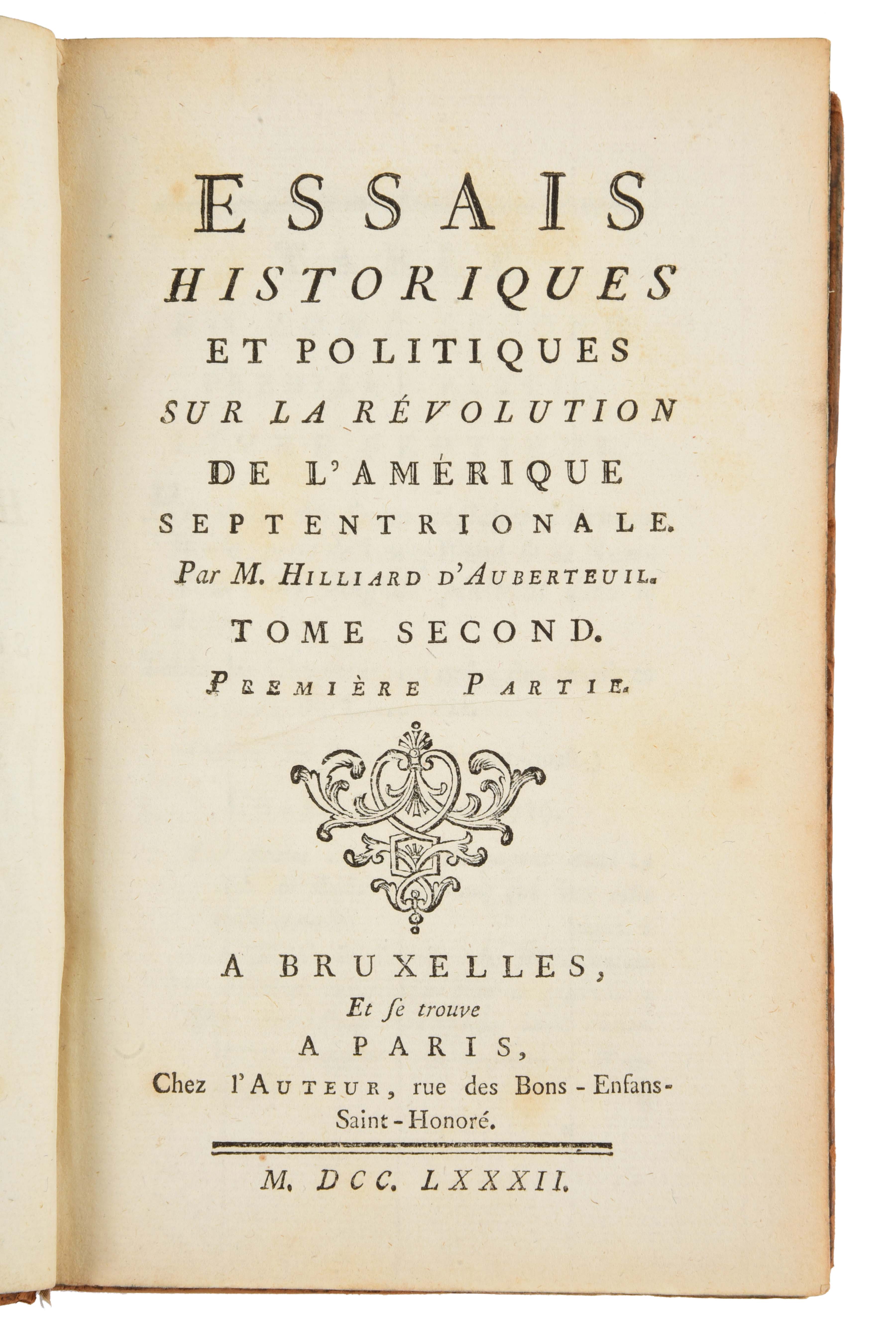
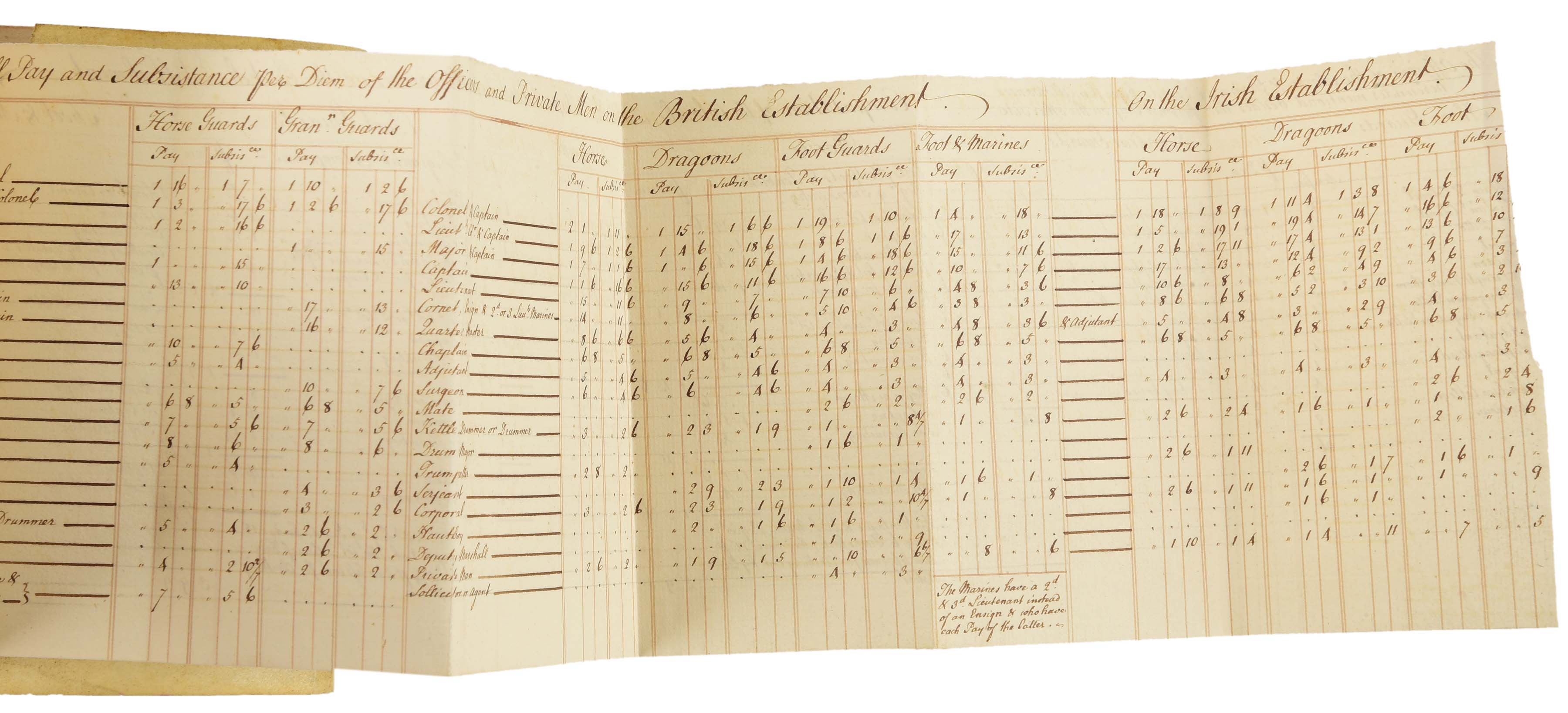

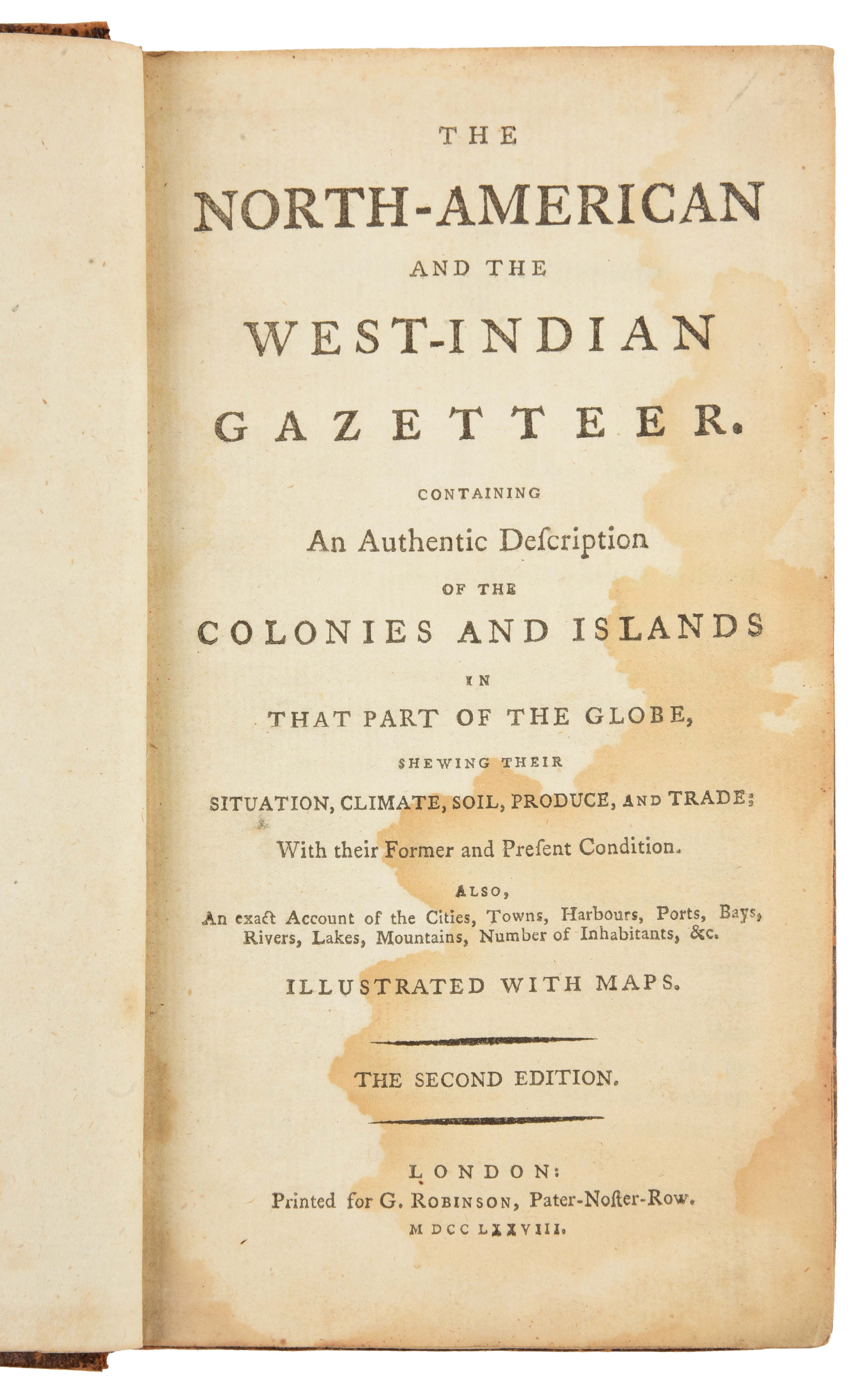
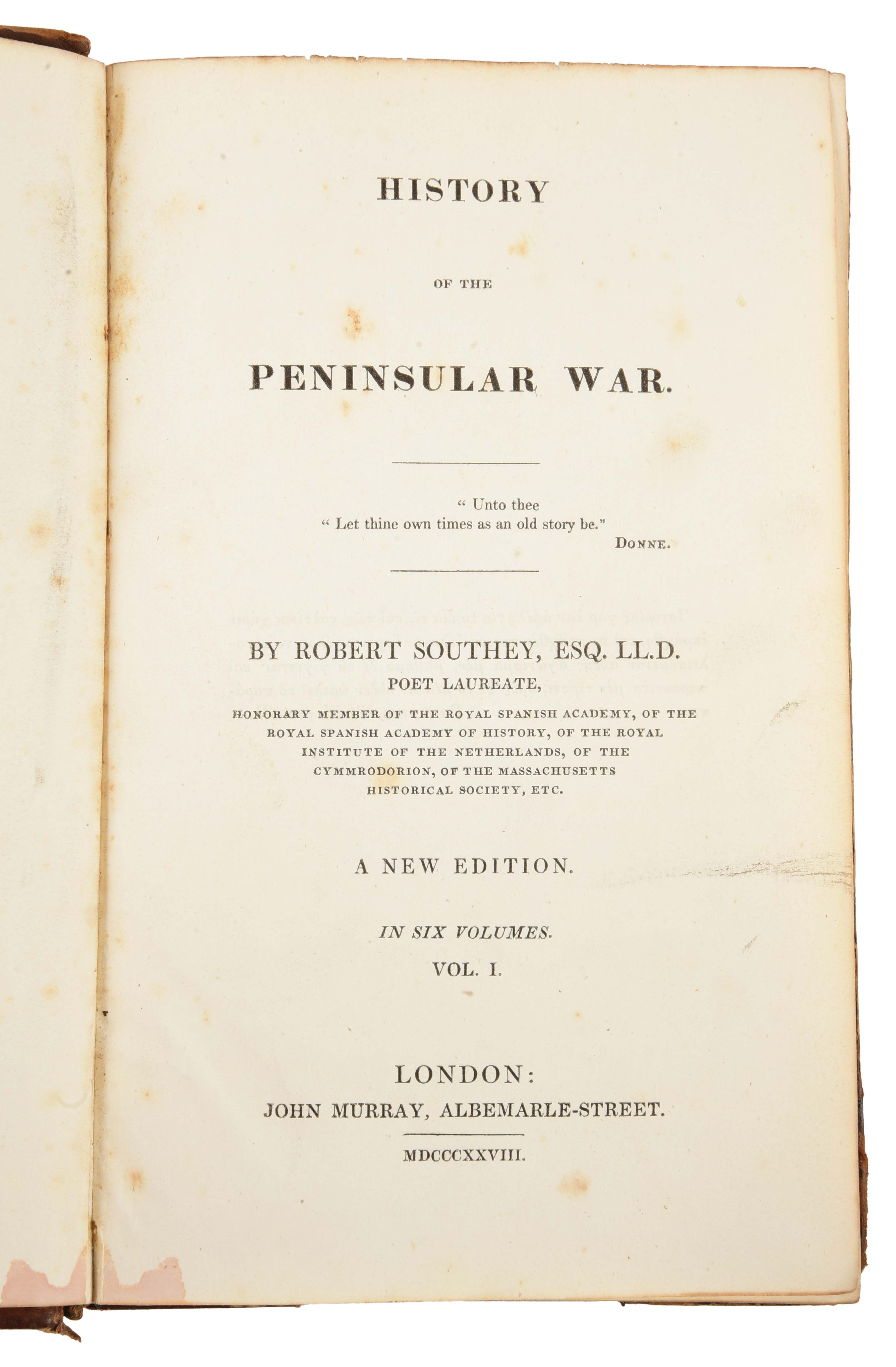
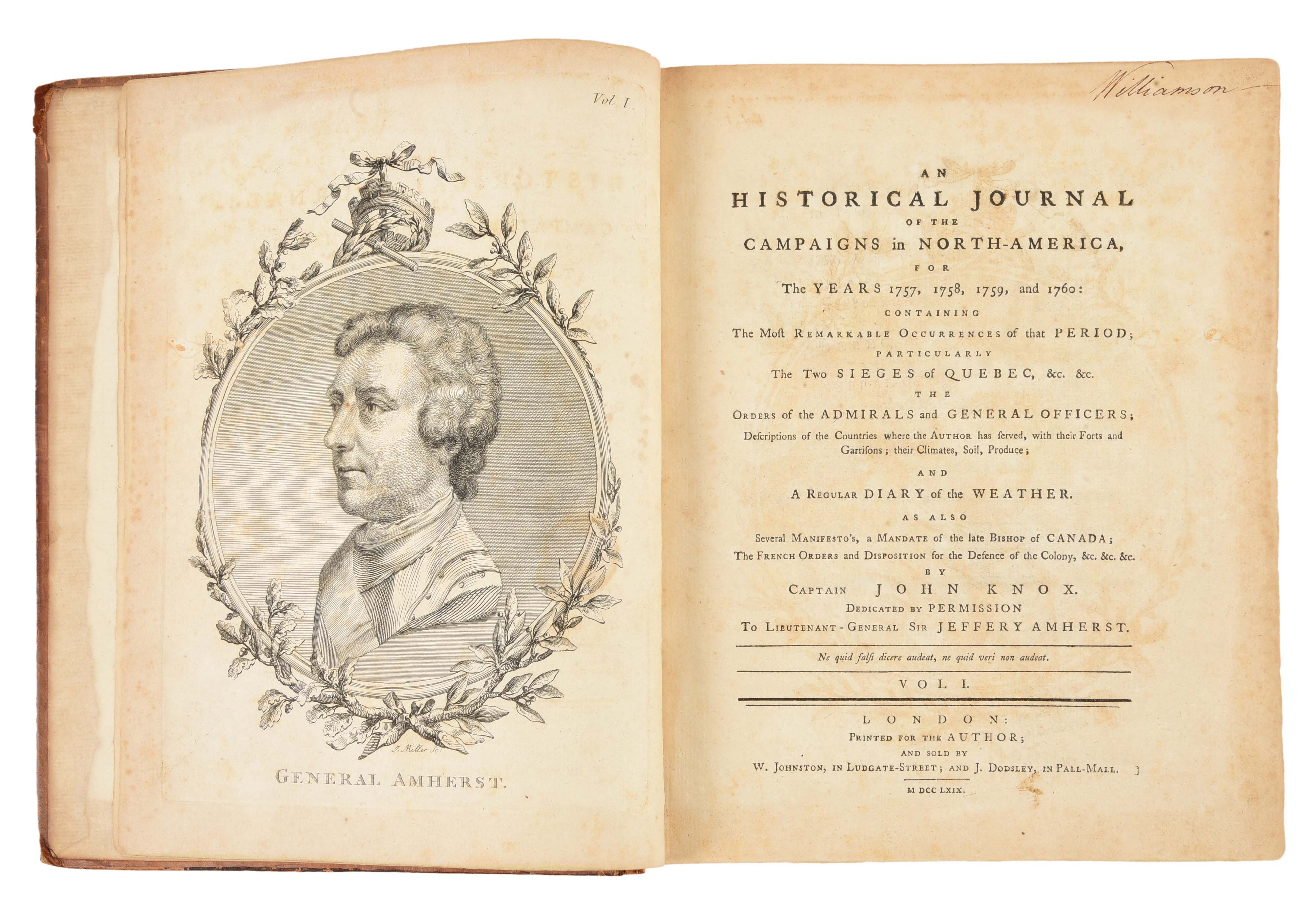
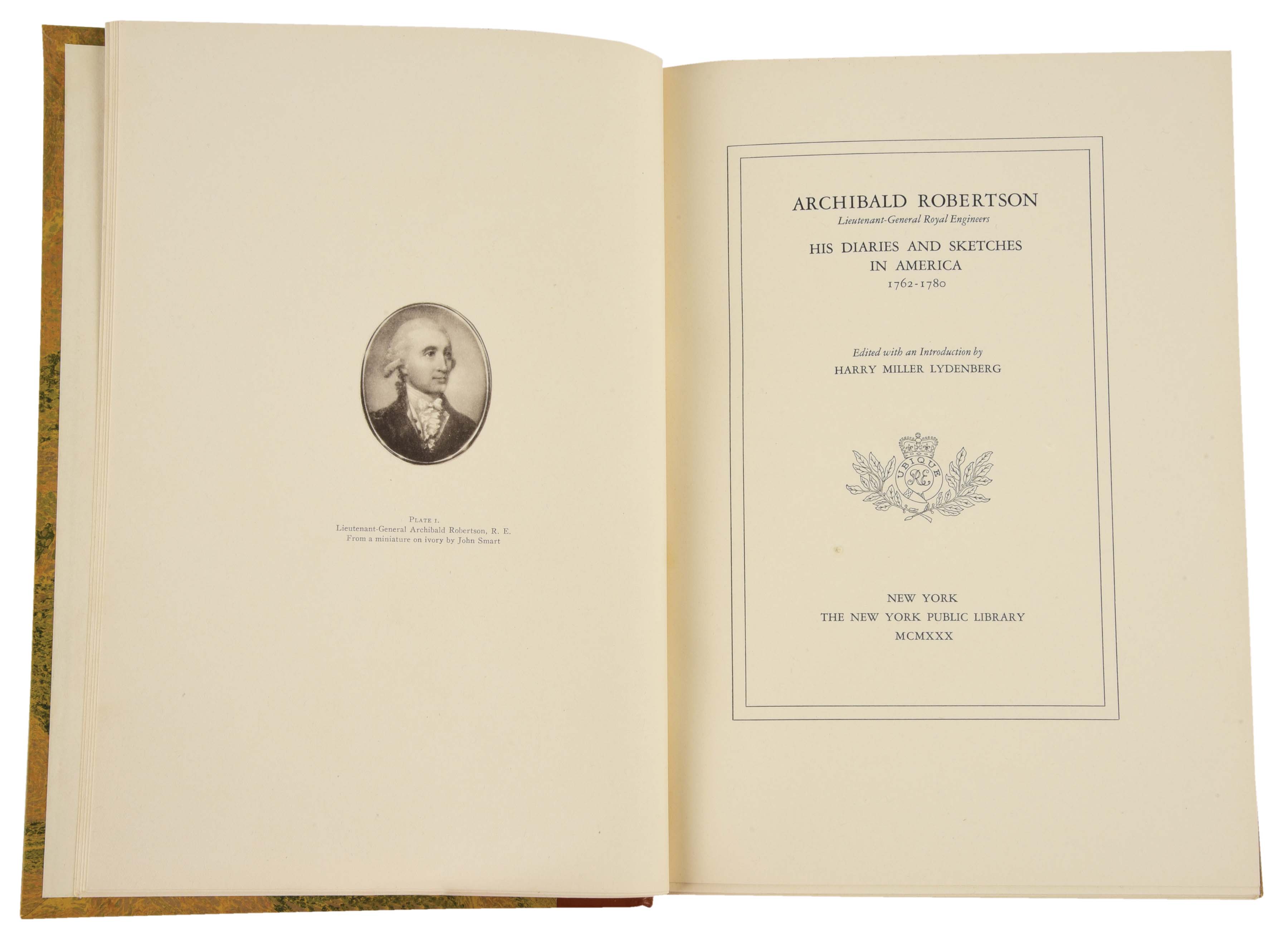
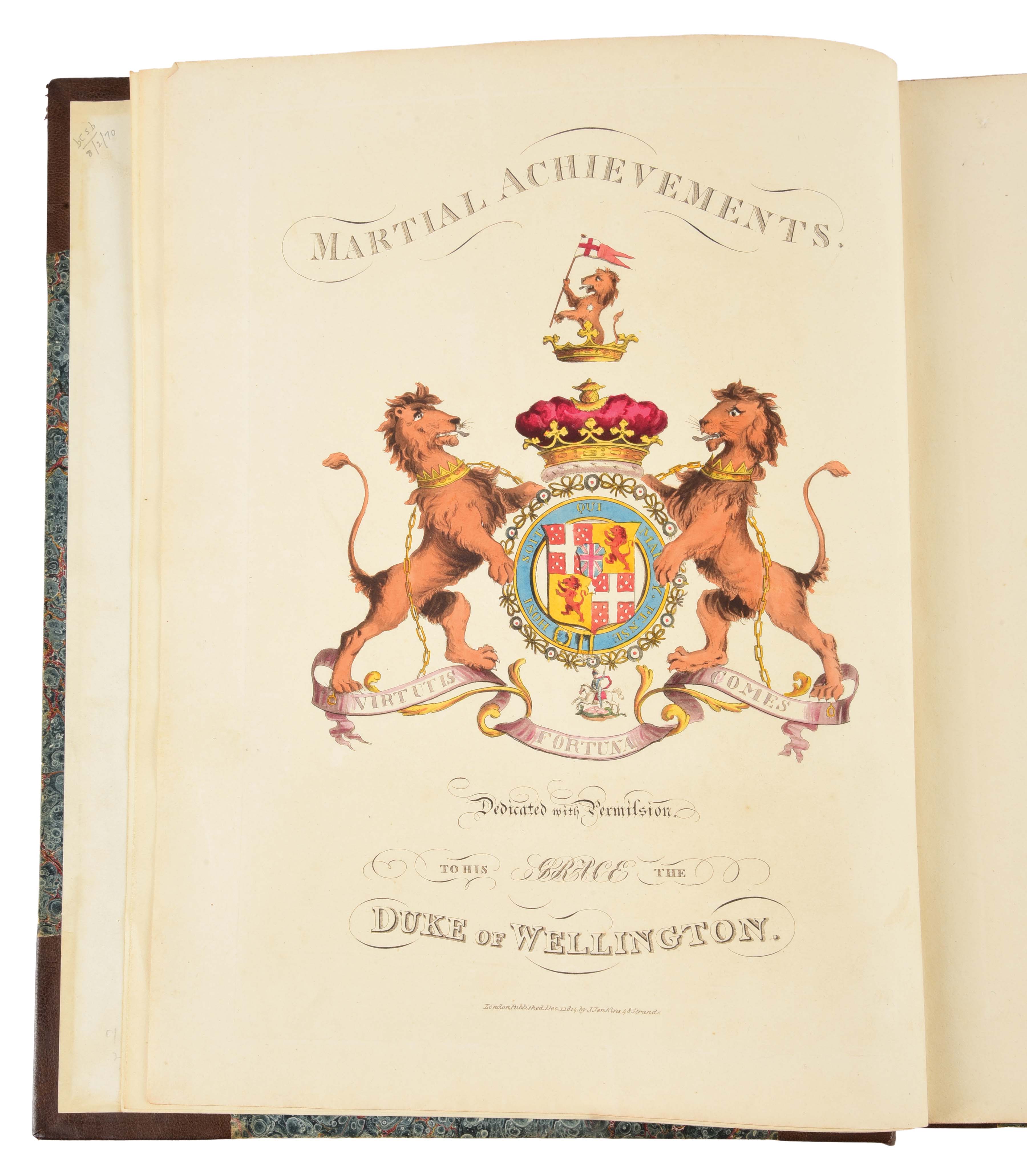
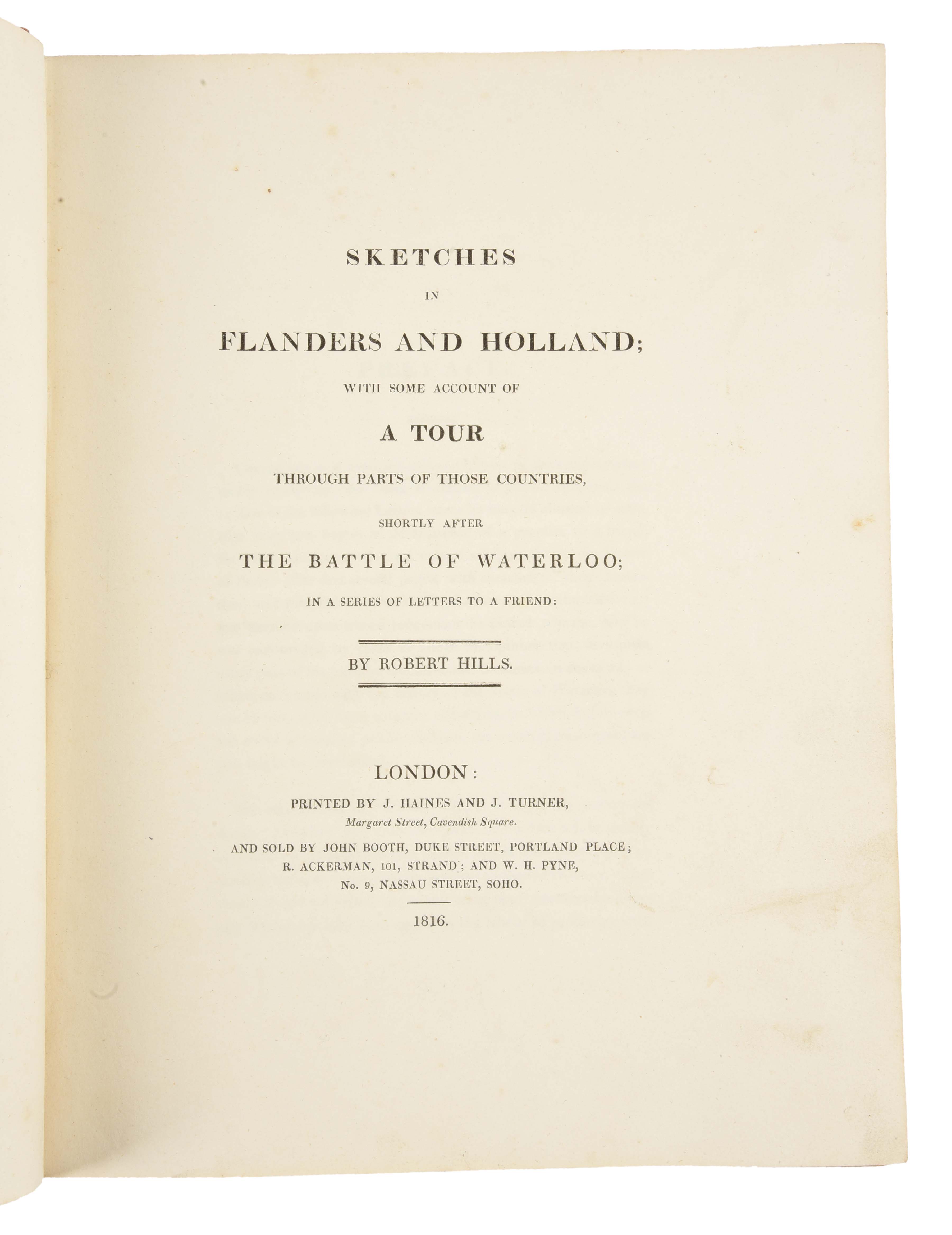
Testen Sie LotSearch und seine Premium-Features 7 Tage - ohne Kosten!
Lassen Sie sich automatisch über neue Objekte in kommenden Auktionen benachrichtigen.
Suchauftrag anlegen